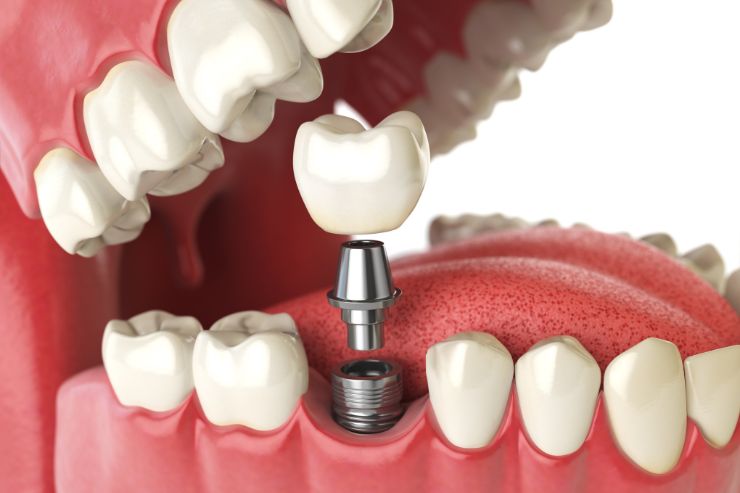
Restoring Tooth Structure: Crowns are used to restore teeth that are severely decayed, damaged, or weakened. They provide structural support and prevent further deterioration.
Improving Appearance: Crowns can enhance the aesthetic appearance of teeth by covering discoloration, misshapen teeth, or gaps between teeth. They are designed to match the color and shape of natural teeth, ensuring a natural-looking smile.
Protecting Weak Teeth: Teeth that have undergone root canal treatment or large fillings may become weak and prone to fractures. Crowns provide protection and strengthen such teeth, prolonging their lifespan.
Supporting Dental Bridges: Crowns are used as abutments to anchor dental bridges, replacing missing teeth and restoring proper dental function.
Types of Dental Crowns: Several types of dental crowns are available, each with unique advantages:
Porcelain Crowns: These crowns are popular for their natural appearance and ability to blend seamlessly with neighboring teeth. They are suitable for front teeth where aesthetics are crucial.
Metal Crowns: Made from alloys such as gold or platinum, metal crowns are highly durable and resistant to wear. They are typically used for back teeth where chewing forces are greater.
Porcelain-Fused-to-Metal (PFM) Crowns: These crowns combine the strength of metal with the aesthetic appeal of porcelain. They are versatile and suitable for both front and back teeth.
All-Ceramic or All-Porcelain Crowns: These crowns offer excellent aesthetics and are ideal for patients with metal allergies. They provide a natural appearance and are suitable for front teeth.